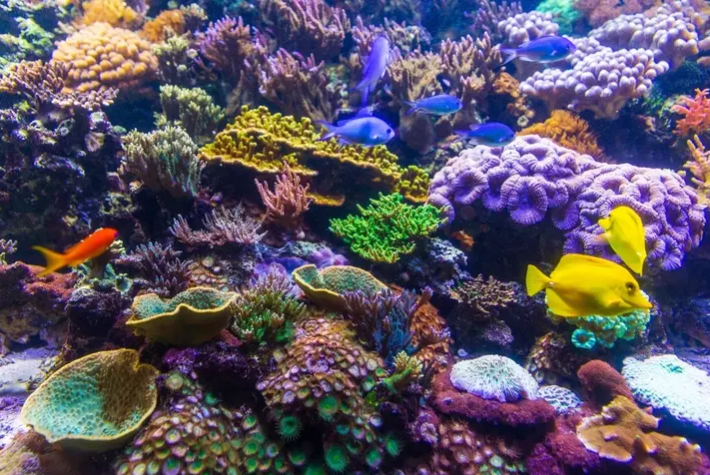In trying to control the climate, we may end up doing more harm than good. That’s the stark warning issued by a group of researchers in a new study published on July 31 in the journal Science.
The team examined a range of ocean-based interventions and technologies aimed at slowing climate change and halting the collapse of marine biodiversity. These include efforts to reduce ocean acidity to enhance CO₂ absorption, breed climate-resilient corals, grow seaweed to capture carbon, and restore mangroves to protect coastlines and naturally store carbon.
Some of these measures fall under geoengineering — a loosely defined term encompassing deliberate climate modification — while others are considered restoration techniques.
« Ineffective, Inequitable, Even Harmful »
While these initiatives may appear well-intentioned, the researchers caution that they carry significant risks.
“Without strong governance, we risk repeating past mistakes by implementing solutions that are ineffective, inequitable, or even harmful,” said Professor Tiffany Morrison, lead author of the study. “Innovation is outpacing our ability to regulate, monitor, and evaluate these interventions.”
The rapid surge in private investment — $160 million in 2020 alone for ocean-based climate actions — coupled with increasing scientific ambition, is raising concerns of unregulated experimentation. Some proposed technologies verge on science fiction, while the sheer scale of investment could distract from the most urgent and proven climate action: reducing polluting and destructive human activities.
The Role of Citizens and Indigenous Knowledge
Professor Neil Adger, a co-author of the study, emphasizes the need for inclusive governance.
“The best safeguard is citizen involvement. That means engaging Indigenous peoples and local stakeholders from the outset, ensuring their knowledge, values, and rights shape the design and implementation of these interventions.”
The message is clear: ocean-based geoengineering may offer technological allure, but without transparency, accountability, and community consent, such approaches could deepen existing environmental and social problems instead of solving them.
Source: reporterre


